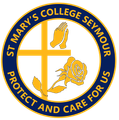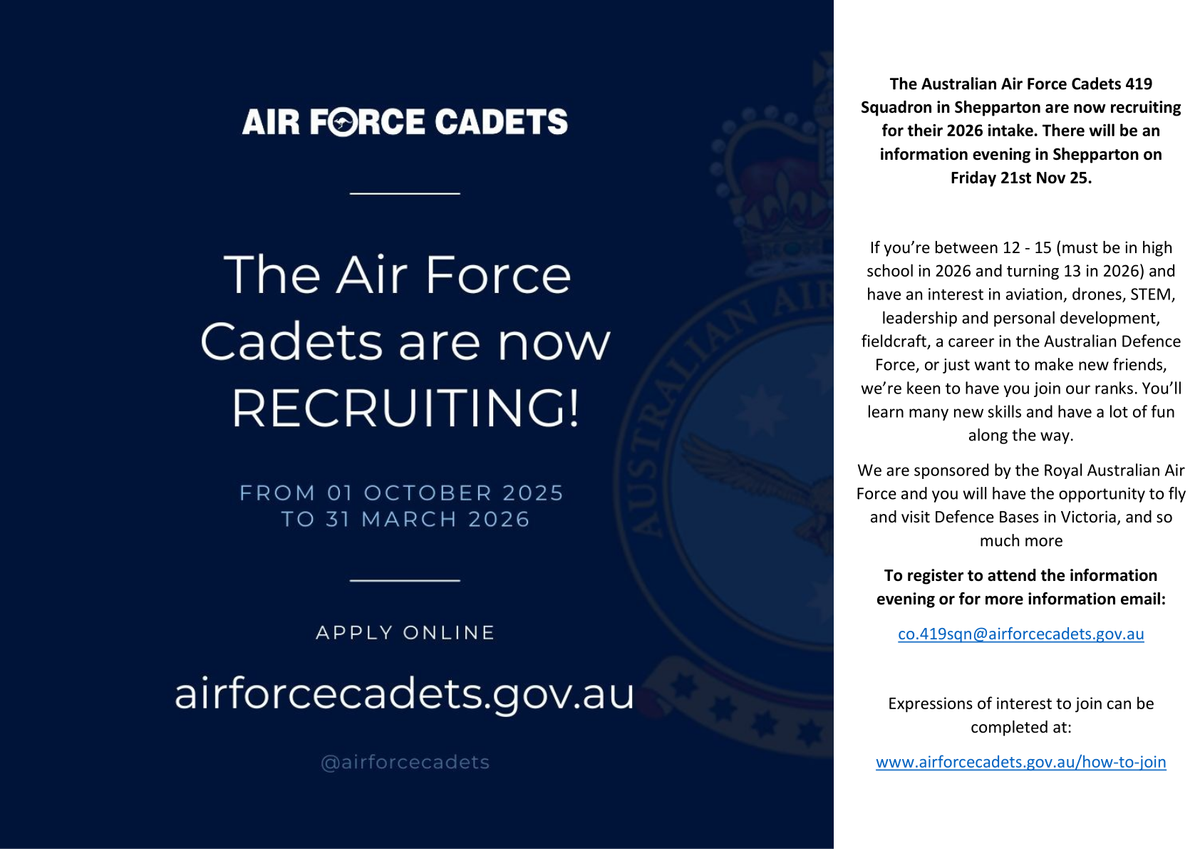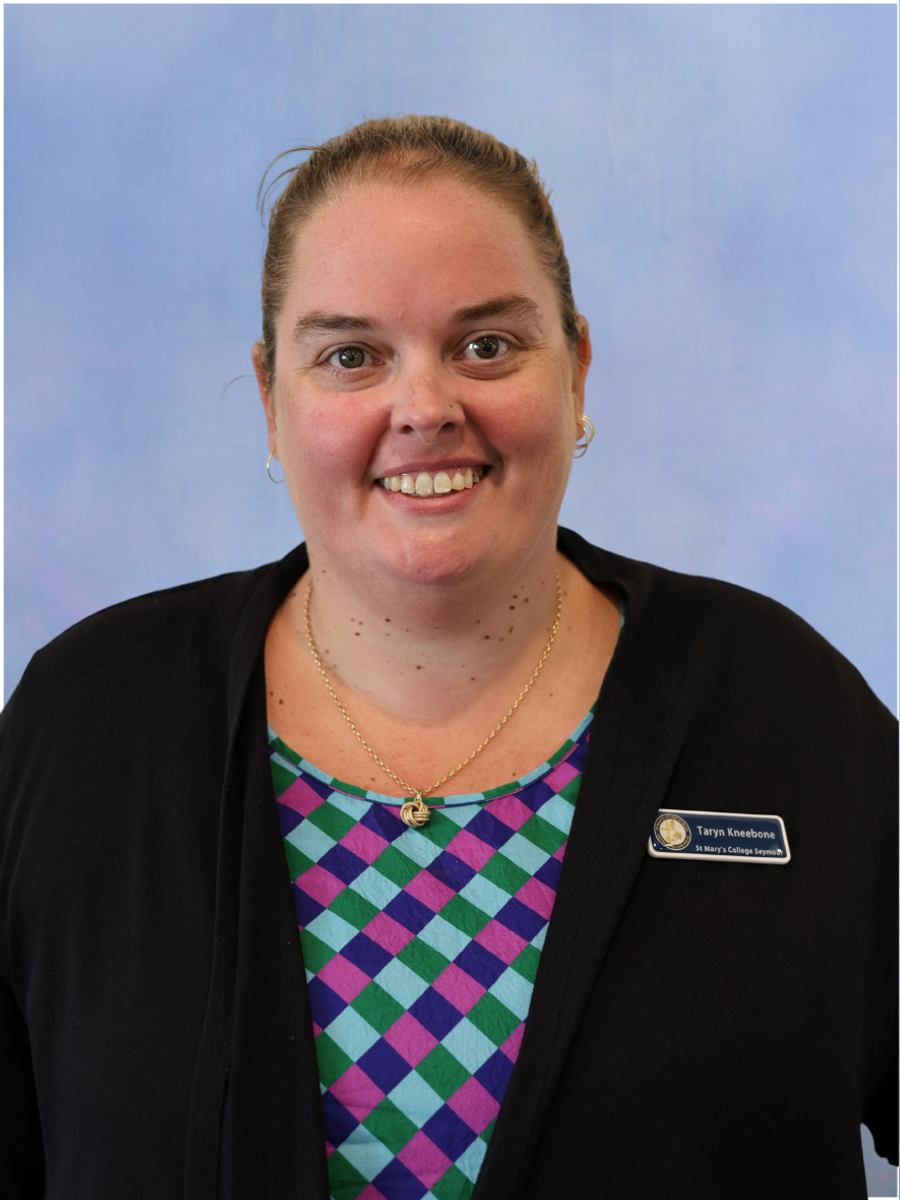Careers

Best Wishes to Our Graduating Class of 2025
As the school year draws to a close for some, we extend our warmest congratulations to our Year 12 students. As the first graduating class in decades at St Mary’s College, this is a special milestone in our school’s history, and we are so proud of you all.
To our VCE students, we wish you the very best as you prepare for your final exams. May your hard work and dedication reflect in these coming weeks. To our VCE VM students, we celebrate your achievements as you transition into the next exciting stage of your journey. For some that is full-time work or an apprenticeship while others will take on further studies next year.
You have all demonstrated resilience, growth, and a genuine commitment to your futures. Remember, this is just the beginning and your path beyond St Mary’s College is full of opportunity, and we can’t wait to see where it leads you.
Excite, Engage, and Empower Students for Their Future!
Remember the joy and enthusiasm children express when asked, "What do you want to be when you grow up?" They truly believe anything is possible. Join us in nurturing these dreams! This week we launched the Ready Steady Careers Program with 7B as a pilot for the Central Ranges Learning and Employment Network, which aims to inspire and guide young minds toward a bright future. It will run over six weeks and is designed to empower future pathways for students through games, hands-on experiences, gaining insight into industries and making connections.
🟧 Some Common University Terms
When students are looking into university study, they often come across words or terms they are unfamiliar with. Here are a few of the more commonly used terms to help students understand:
🔸ATAR– Australian Tertiary Admissions Rank – the figure used by VTAC to calculate the entrance ranking for a university course.
🔸Bachelor’s degree – the award/qualification a student gains when they have completed studies in an undergraduate course, which takes between 3 or 4 years of full-time study. This is the traditional starting point of a university qualification.
🔸Bridging Course– an introductory course to help students achieve the preferred entry level to a degree, e.g., a bridging maths course for students who do not have the preferred maths but need it to access a course.
🔸Commonwealth Supported Place (CSP) – a student’s enrolment in a university degree for which the Commonwealth government contributes towards the cost of that student’s education.
🔸Double degree – a student can choose to complete a double degree – this integrates studies in two degrees resulting in an award of two degrees, usually after a minimum of 4 years of study. Often also referred to as Combined Degrees.
🔸Defer – a student may choose to delay starting their course. Deferring an offer of a place might mean delaying for 6, 12, 18 or 24 months. Deferment ensures the student is guaranteed their place in their selected course.
🔸Elective – a subject that is not core to the degree and is often from another faculty, e.g., a commerce student might choose psychology (from the Arts Faculty) as an elective.
🔸FEE-HELP – a loan scheme for domestic students used to pay all or part of an eligible student’s tuition fees for university courses but cannot be used for additional study costs such as accommodation or textbooks. A 20% loan fee usually applies.
🔸Honours– many Bachelor degrees offer a fourth year – called an Honours year. The Honours year allows students to further focus on a particular area of interest.
🔸Lecture– a period of teaching given by a lecturer to a large group of students in a lecture theatre; can often be as many as 300 students in a lecture.
🔸Prerequisite – a set of conditions – usually the completion of a subject – that must be met before enrollment in a subject or course is allowed.
🔸Tutorial – a period of teaching given to a small group of students – involving discussion and participation.
🔸Undergraduate – a student studying at university for a first level degree, e.g., a bachelor’s degree.
Taryn Kneebone
Careers Advisor



